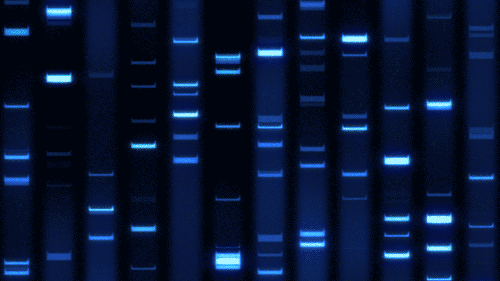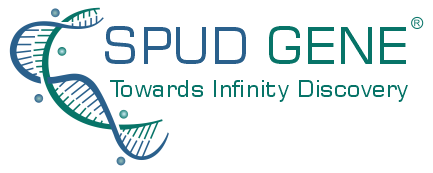Home » R&D » Immunology » Autoimmune Diseases Treatment
Autoimmune Diseases Treatment
Autoimmune Diseases
At Spud Gene, we are dedicated to advancing the understanding and treatment of autoimmune disorders by leveraging latest technologies and innovative approaches. Our multidisciplinary team of experts, including bioinformatics specialists, biophysicists, artificial intelligence scientists, nuclear physicists, and geneticists, is committed to revolutionizing the field, bringing solutions that were not possible before.
Medical Background
Autoimmune diseases encompass a broad spectrum of disorders in which the immune system mistakenly attacks the body’s own tissues, leading to chronic inflammation and various health complications. Conditions such as rheumatoid arthritis, multiple sclerosis, lupus, and Crohn’s disease are examples of autoimmune disorders. These diseases often have a genetic basis, emphasizing the importance of exploring the role of genetic sequences in developing effective treatments.
Addressing Genetic Roots
It is found that many autoimmune diseases have genetic origins. As such, in Spud Gene we are focused on developing novel methods to address the underlying genetic sequences associated with these disorders. Our research team, in collaboration with experts in diverse fields, is pioneering advancements in scanning and analyzing patients’ genetic sequences to identify defective genes.
Correcting Genetic Sequences
Leveraging specific frequencies and utilizing inventive technologies, we are developing techniques to correct disease-related genetic sequences. This revolutionary approach holds immense potential for improving immune system function at the cellular level. Through precise corrections of the genetic sequences, we aim to achieve stable and effective treatments for a wide range of autoimmune diseases.

Advancements in Technology
Our team is at the forefront of integrating various fields of expertise to drive innovation. By combining bioinformatics, biophysics, artificial intelligence, nuclear physics, and genetics, we harness the power of advanced technologies and computational models. This multidimensional approach allows us to identify and target defective genes accurately, paving the way for tailored therapies that address the unique genetic profiles of individual patients.
Transforming Patient Outcomes
Our ultimate goal is to transform the lives of people with autoimmune diseases. By elucidating the genetic underpinnings of these conditions and developing precise correction methods, we aim to achieve long-term remission, minimize disease progression, and enhance patients’ quality of life. We are dedicated to pushing the boundaries of scientific knowledge and clinical practice, driven by a passion for revolutionizing autoimmune disease treatments.

